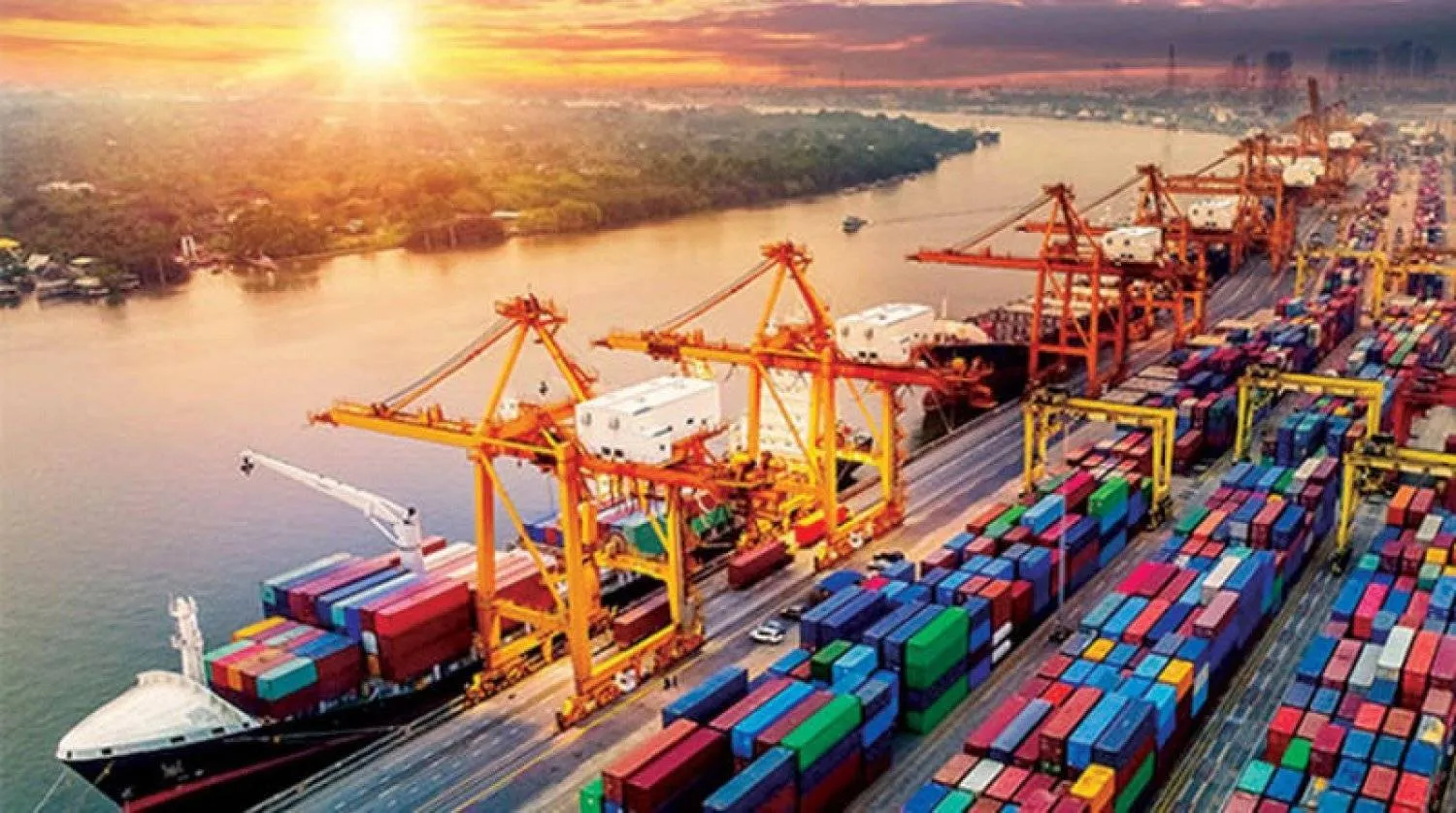Geopolitical tensions, notably those in the Middle East, remain the main risk to international trade, World Trade Organization (WTO) Chief Economist Ralph Ossa has said.
Escalating Middle East tensions could lead to supply shortages and a resulting spike in oil prices, Ossa told Xinhua news agency. "Increased oil prices would then affect macroeconomic activity and also international trade."
In a report released in early October, the WTO projected global merchandise trade volume to grow by 2.7 percent in 2024, a slight increase from its April forecast of 2.6 percent.
One significant update in the new report is the regional outlook. "We see Asia doing stronger than we had expected ... Europe was doing weaker than we had expected," said Ossa, adding that "Asia continues to be the main driver of international trade, both on the import side and the export side."
Meanwhile, exports in Asia are expected to grow by 7.4 percent in 2024 compared with a 4.3 percent rise in imports, he said.
"We were expecting a recovery of trade in April, and continue to expect a recovery of trade today, (which) is in large part due to the normalization of inflation and the corresponding easing of monetary policy," Ossa said.
China showed a strong performance on the export side, and the recent stimulus policy carried out by the Chinese government could prop up domestic demand in China and help rebalance international trade, he said.
In order to tackle multiple challenges, Ossa called for defending the multilateral trade system with the WTO at its core, adding that it is also important to make the WTO fit for the 21st century.
Speaking on the impact of artificial intelligence, Ossa highlighted AI's potential to reduce trade costs, overcome language barriers, and expand digitally delivered services.









